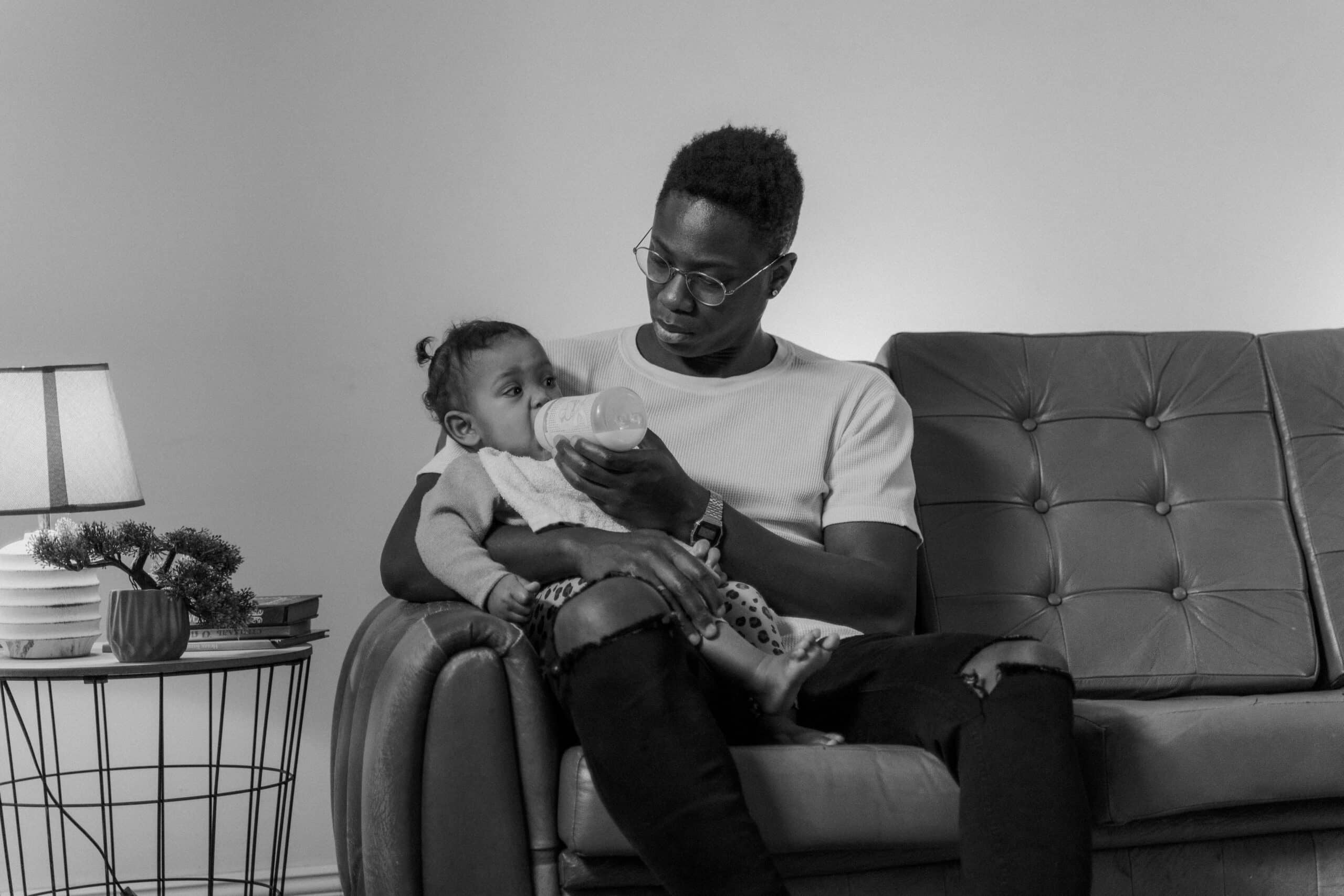The term “broken home” often carries a heavy stigma. Many believe children from such environments are destined for failure or trouble. However, the reality is much more nuanced. This article delves into the complexities of growing up in a broken home and how intentional parenting can significantly affect a child’s development.
Defining a Broken Home
When discussing the concept of a home, we usually mean a living situation where both parents are often absent because of separation or divorce. It’s important to distinguish between a broken home and a broken family. While a home focuses on the absence of parents a broken family encompasses the dynamics of parenting, the emotional and psychological aspects involved not just the physical presence of parents.
For example, a family may be physically intact, but if the parents are constantly fighting or emotionally unavailable, the home can still be considered “broken.” Conversely, a separated couple can maintain a healthy co-parenting relationship, providing a nurturing environment for their children.
The Impact of Parents’ Separation
The key to navigating a broken home lies in the parents’ intentions. Children can thrive despite their parents’ separation if the adults are committed to creating a supportive environment. This intentionality can bridge the gap between a broken home and a healthy family dynamic.
Children are remarkably resilient. They can adjust to situations when they sense love and encouragement. However, when parents fail to communicate and provide reassurance, children may develop anxiety and insecurity. Addressing the emotional needs of children during challenging times is crucial.

Communication is Key
One significant aspect of parenting in a broken home is open communication. Parents must be honest with their children about the situation without overwhelming them with details. Age-appropriate discussions can help children understand that while their family structure may have changed, their parent’s love for them remains unchanged.
For example, when parents go through a separation, they need to communicate the situation to their child in a way that provides comfort and reassurance. Recognizing and validating the child’s emotions and concerns can help the child navigate the changes more easily and ease any worries they may have.
Debunking Myths About Children from Broken Homes
There is a common belief that children from broken homes are more likely to engage in delinquent behaviour. While some studies suggest a correlation between family structure and behavioural issues, it is essential to understand that these behaviours often stem from a lack of emotional support rather than the separation itself.
Children who grow up in nurturing environments, regardless of their family structure, are more likely to develop positively. It is not the separation that causes issues but rather the parenting approach taken after it. Effective parenting can mitigate the potential negative impacts of a broken home.
The Role of Support Systems
Support systems play a crucial role in helping children from broken homes thrive. Extended family members, friends, and community resources can provide additional emotional support and stability. Engaging with a broader community can help children feel less isolated and more connected.
Parents should not hesitate to seek help from professionals, such as therapists or counsellors, who can guide them through the challenges of co-parenting and help their children navigate their emotions. Access to mental health resources is vital in fostering resilience and emotional well-being in children.

Creating a Positive Environment
Parents can take several steps to create a positive environment for their children after a separation:
- Maintain routines: Maintaining a consistent routine can provide children with stability and security.
- Encourage open dialogue: Foster an environment where children feel comfortable expressing their feelings and concerns.
- Focus on co-parenting: Work with the other parent to ensure consistent messaging and support for the child.
- Seek professional help: Don’t hesitate to seek counselling or support groups to address emotional challenges.
Real-Life Examples of Resilience
There are countless stories of individuals who have overcome the challenges posed by growing up in broken homes. For instance, many successful people attribute their drive and determination to their experiences in navigating family difficulties. They often describe how their parents’ commitment to maintaining a loving environment, despite their separation, helped shape their character.
Successful individuals often credit their motivation and perseverance to the lessons learned while dealing with family struggles. Share on XThese stories serve as a reminder that while the situation may be difficult, it does not define a child’s future. With the proper support and intentional parenting, children can thrive and grow into well-adjusted adults.
Frequently Asked Questions about Broken Homes
1. Are children from broken homes more likely to have behavioural issues?
Not necessarily. While some studies suggest correlations between family structure and behavioural problems, the key factor is the emotional support and parenting provided after the separation.
2. How can parents effectively communicate with their children about separation? Parents should approach the conversation with honesty, using age-appropriate language. Reassuring children of their love and support during this transition is crucial.
3. What role do support systems play in a child’s development?
Support systems, including extended family and community resources, can provide additional emotional stability and help children feel less isolated during difficult times.
4. Can children from broken homes be successful?
Absolutely! Many children from broken homes become successful adults, particularly when they receive love, support, and guidance from their parents and other caregivers.
5. How important is co-parenting after separation?
Co-parenting is essential for providing a stable and supportive environment for the child. Working together can help ensure consistent messaging and emotional support.
While growing up in a broken home can present challenges, it does not have to dictate a child’s future negatively. Through intentional parenting, open communication, and support systems, children can thrive and develop into capable, well-adjusted adults.
It is crucial to focus on creating a nurturing environment that prioritizes emotional well-being, regardless of family structure.
For more resources and support on parenting, visit LagosMums – E-village for Parenting and visit our YouTube channel to watch the episode
